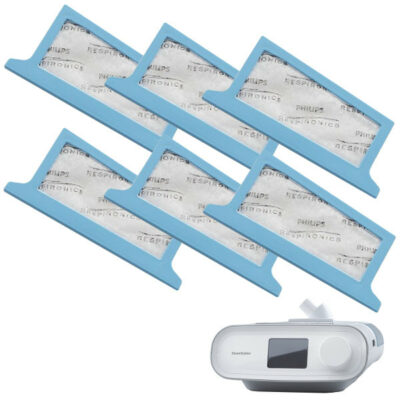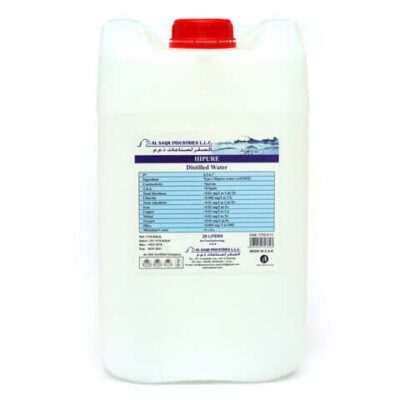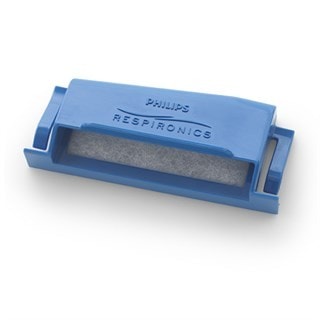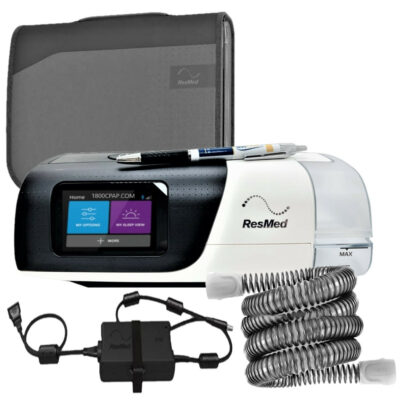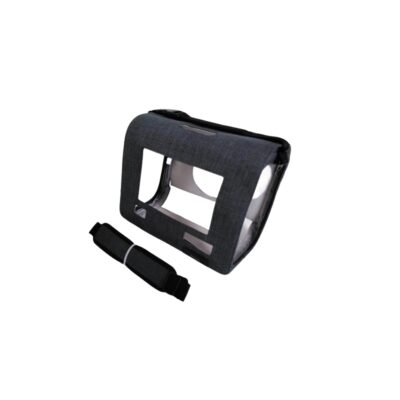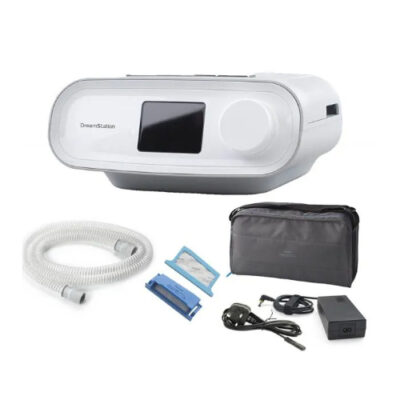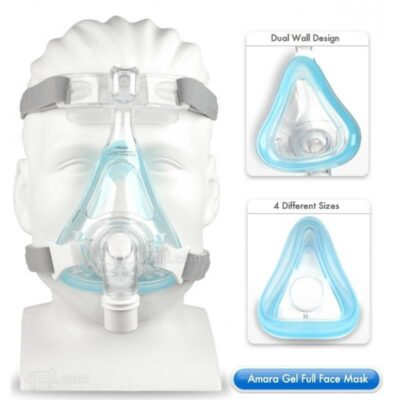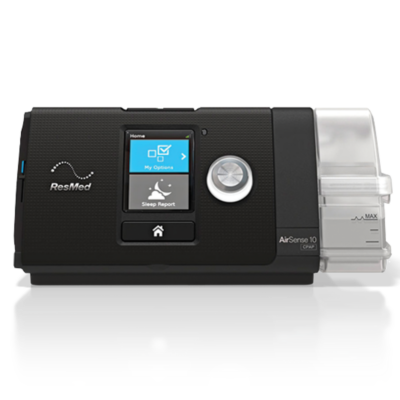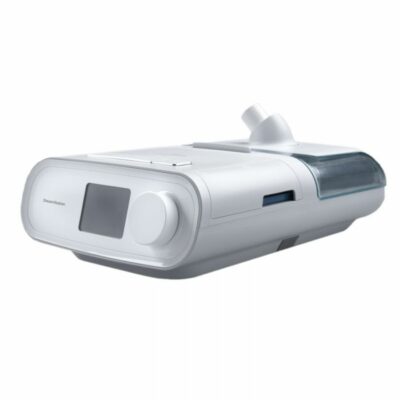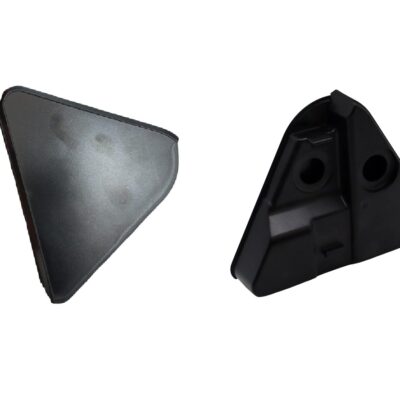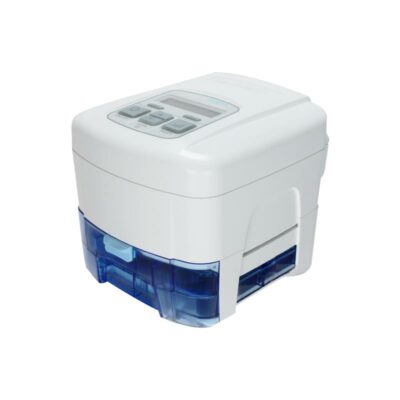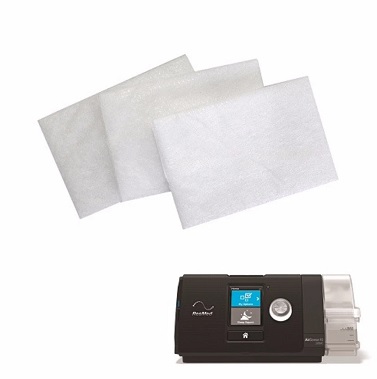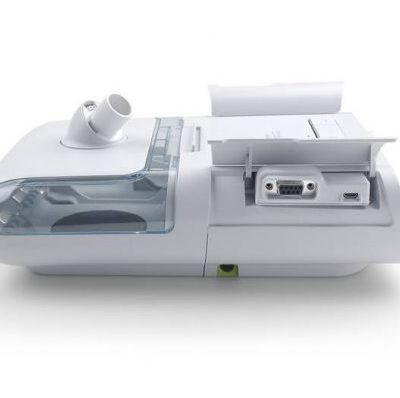No products in the cart.
CPAP and Auto CPAP: Respiratory Support for Sleep Apnea Management
Continuous Positive Airway Pressure (CPAP) and Auto CPAP (also known as APAP or Automatic Positive Airway Pressure) are advanced medical devices designed to provide respiratory support for individuals with obstructive sleep apnea (OSA) and related sleep-disordered breathing conditions. These devices are essential tools for maintaining an open airway during sleep, preventing breathing interruptions, and improving sleep quality and overall well-being.
Read More
Key Features of CPAP and Auto CPAP:
Pressure Adjustment (Auto CPAP): Auto CPAP devices automatically adjust the pressure based on the patient’s breathing patterns, providing customized therapy throughout the night.
Mask Options: Both CPAP and Auto CPAP devices are compatible with various mask types, including nasal masks, full-face masks, and nasal pillow masks.
Ramp Function: Most devices include a ramp feature that starts the therapy at a lower pressure and gradually increases it to the prescribed level, enhancing patient comfort during the transition to treatment.
Leak Compensation: Advanced devices monitor and compensate for mask leaks, maintaining optimal pressure delivery.
Data Recording: Many CPAP and Auto CPAP devices offer data recording capabilities, allowing patients and healthcare providers to track therapy compliance and effectiveness.
Applications of CPAP and Auto CPAP:
Obstructive Sleep Apnea (OSA): CPAP and Auto CPAP devices are the primary treatment options for OSA, preventing breathing disruptions during sleep.
Sleep-Related Breathing Disorders: These devices also manage other sleep-related breathing disorders, such as central sleep apnea and complex sleep apnea syndrome.
Benefits of CPAP and Auto CPAP:
Improved Sleep Quality: These devices enhance sleep quality and reduce daytime sleepiness by maintaining an open airway.
Cardiovascular Health: Effective sleep apnea treatment improves cardiovascular health by reducing the risk of complications such as hypertension and heart disease.
Enhanced Alertness: Adequate sleep with proper airflow promotes daytime alertness, concentration, and overall cognitive function.
Conclusion: CPAP and Auto CPAP devices are essential for managing sleep-related breathing disorders, especially obstructive sleep apnea. These devices improve sleep quality, daytime functioning, and overall health by delivering consistent or adaptive air pressure to keep the airway open. Recognizing the significance and features of CPAP and Auto CPAP devices is essential for healthcare professionals and individuals seeking effective sleep apnea management and improved well-being.

